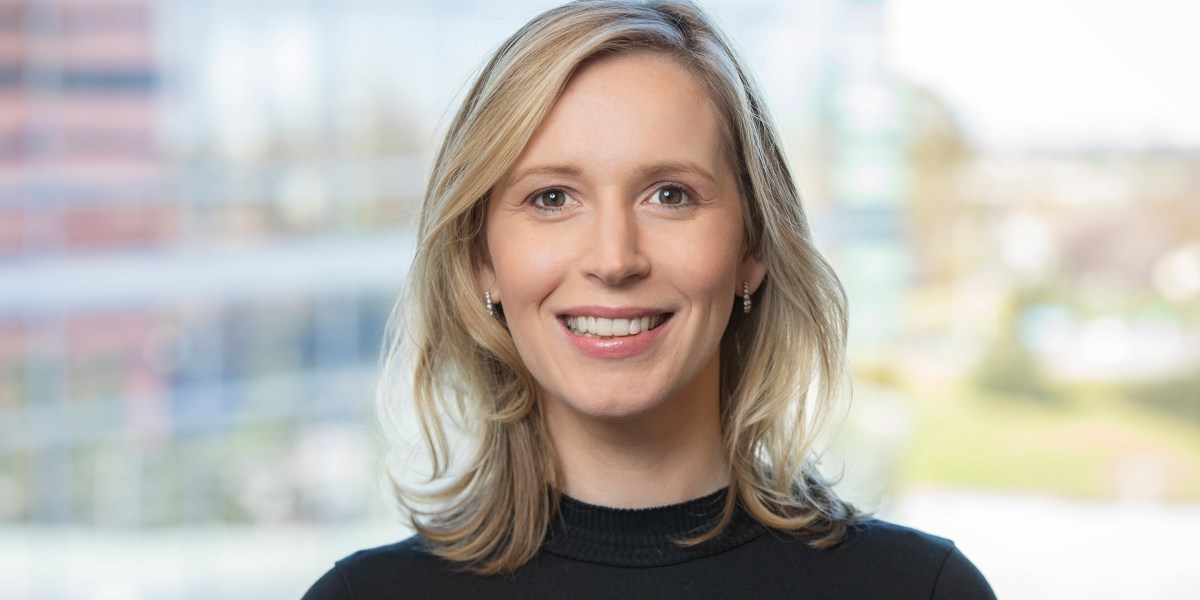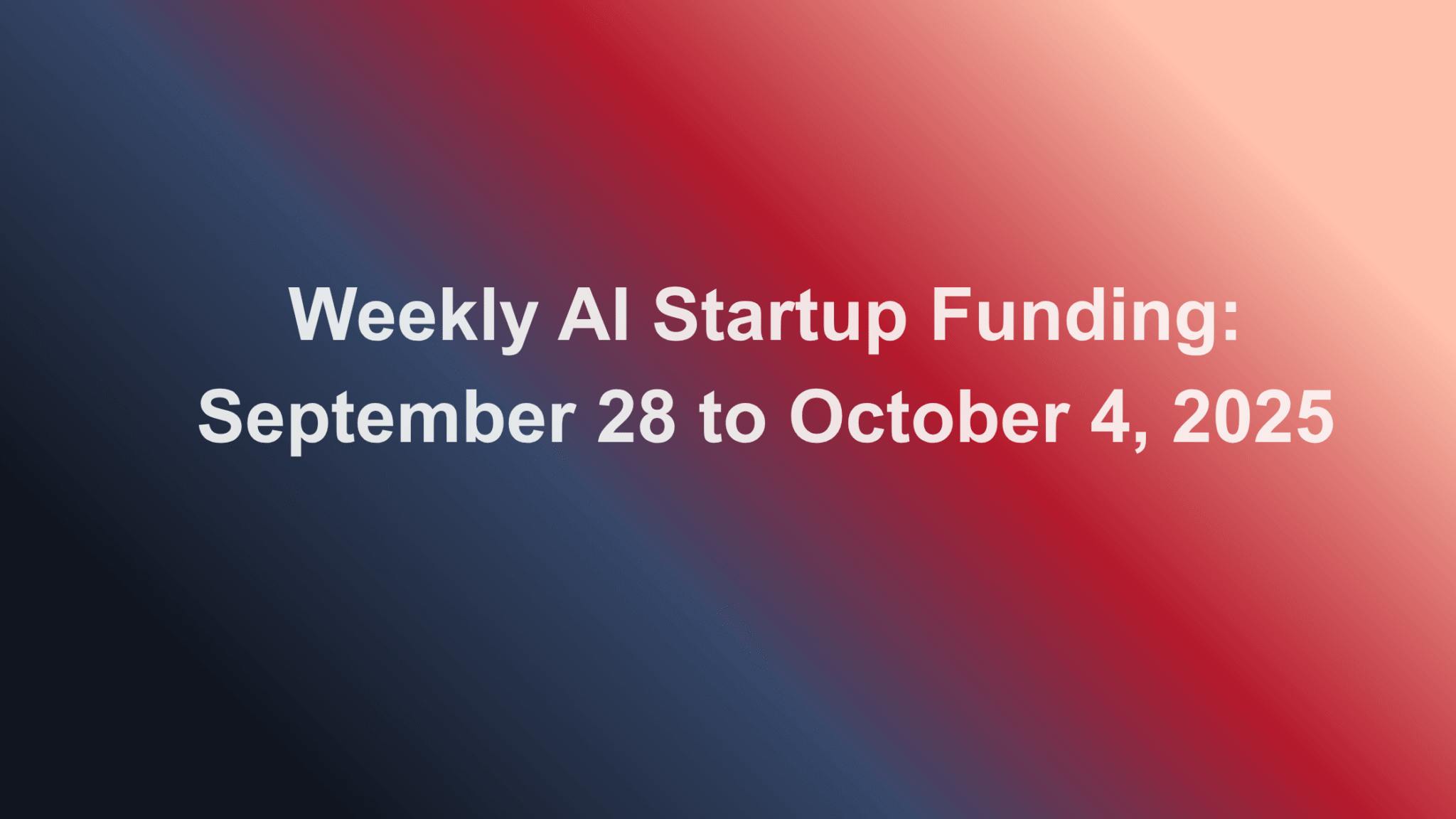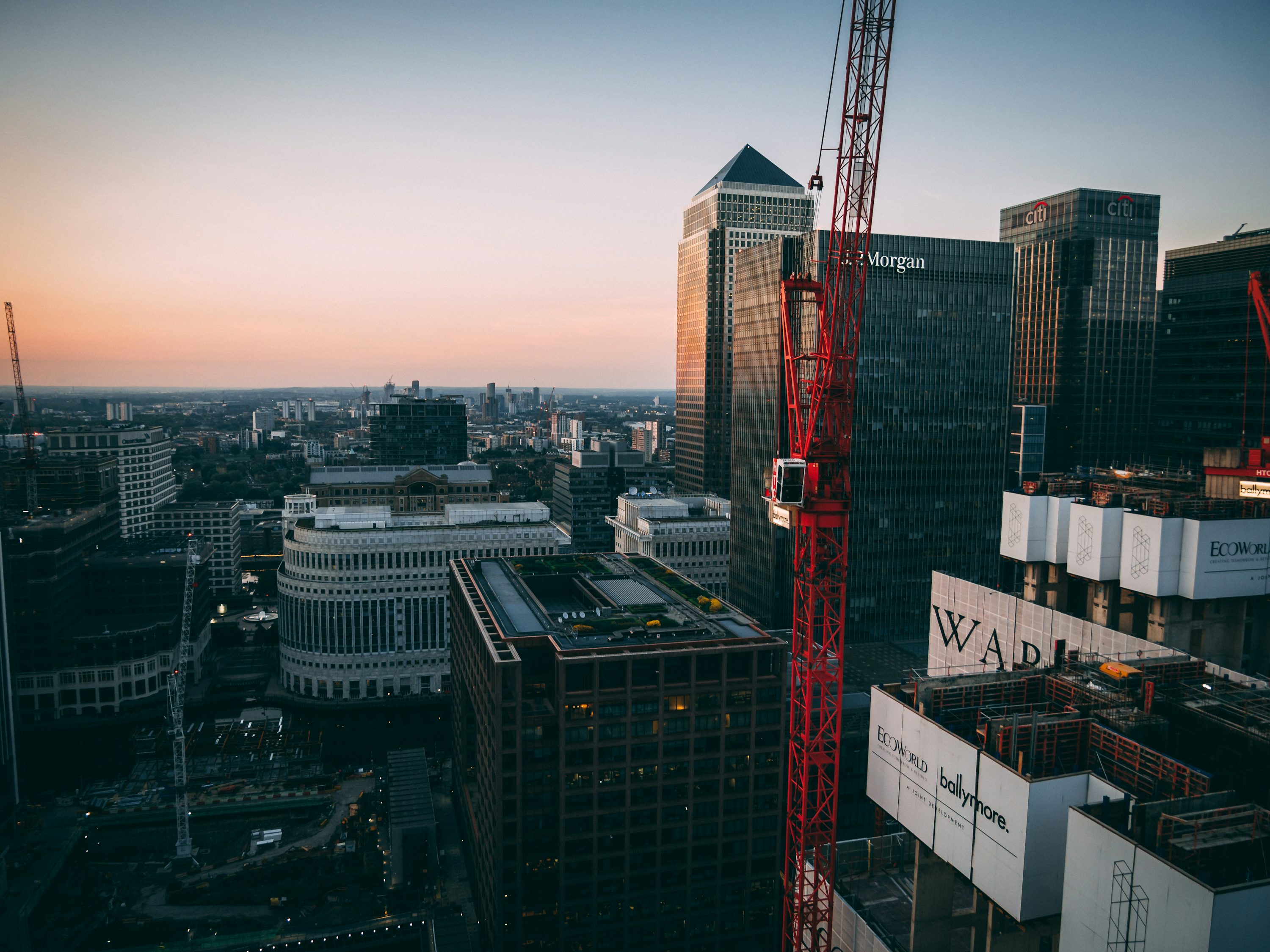London’s Wonder Studios Raises $12 Million to Scale AI-Generated Entertainment


London-based Wonder Studios has raised $12 million in seed funding to accelerate production and expand its footprint in the fast-evolving AI entertainment sector, where artificial intelligence has become a vital tool for scaling production and unlocking new creative possibilities.
The funding round was led by Atomico, with participation from existing investors LocalGlobe and Blackbird, marking a strong vote of confidence in the studio’s vision of merging art and technology.
The round builds on Wonder’s earlier pre-seed investment, which included backing from senior executives at ElevenLabs, Google DeepMind, and OpenAI. The company said the new funds will be used to double its engineering team, enhance its proprietary AI production suite, and push deeper into intellectual property (IP) ownership and original content creation.
Register for Tekedia Mini-MBA edition 19 (Feb 9 – May 2, 2026): big discounts for early bird.
Tekedia AI in Business Masterclass opens registrations.
Join Tekedia Capital Syndicate and co-invest in great global startups.
Register for Tekedia AI Lab: From Technical Design to Deployment (begins Nov 15th).
Founded in London in 2023, Wonder Studios has rapidly positioned itself as one of the leading voices in the global AI creative landscape. Its mission, according to co-founder Justin Hackney, is to make AI storytelling accessible to filmmakers and creators worldwide by lowering the barriers to high-quality production — a goal increasingly shared by startups and studios seeking affordable scalability in an era of rising content costs.
In recent years, AI has emerged as a lifeline for entertainment and technology companies struggling to meet audience demand while managing tighter budgets. From Hollywood studios to streaming platforms, artificial intelligence now plays a key role in automating editing, generating visual effects, writing scripts, and even producing entire scenes. For smaller studios and startups like Wonder, AI technology has provided scaling opportunities once limited to billion-dollar companies, allowing them to compete in a market dominated by traditional production powerhouses.
Wonder has already made a name for itself through projects that blend machine learning and artistry. Earlier this year, the studio produced an AI-generated music video for Lewis Capaldi’s “Something in the Heavens,” working alongside DeepMind, YouTube, and Universal Music Group. The studio also released Beyond the Loop, its first original anthology series that explores human imagination through machine collaboration.

The company is also developing several new projects for 2025, including a documentary with Campfire Studios, the production company behind popular Netflix titles like The Menendez Brothers and America’s Sweethearts: Dallas Cowboys Cheerleaders. Ross Dinerstein, Campfire’s CEO, is among Wonder’s investors, underlining the growing trust between AI-focused startups and mainstream producers.
Wonder’s expansion into IP ownership comes at a time of growing legal tension between Hollywood studios and AI developers. Major production houses such as Disney and Universal Studios have filed lawsuits against AI platforms like MiniMax and Midjourney, accusing them of training models on copyrighted content without consent. These legal battles highlight the complex intersection between creative freedom and intellectual property — a debate poised to shape the future of AI-generated media.
The shift toward AI-assisted creativity isn’t unique to Wonder. Global entertainment leaders such as Netflix are investing heavily in generative AI to streamline production workflows, reduce costs, and enable more personalized storytelling. Netflix recently declared it was going “all in” on AI-powered creative tools to make its production processes more efficient.

However, the copyright controversy continues to follow AI’s growing influence. Many artists and unions argue that large language and diffusion models — often trained on human-generated works — risk displacing creative jobs and undermining fair compensation. OpenAI’s Sora 2, for instance, has faced criticism from performers for allegedly reproducing actors’ likenesses without authorization, intensifying calls for stronger regulation of AI content creation.
Wonder Studios, however, says it intends to use AI responsibly and transparently. The company brands itself as “Hollywood without borders,” promoting inclusivity and accessibility for creators worldwide. Its platform functions as a hub where filmmakers and storytellers can find collaborators, access production resources, and participate in AI-driven storytelling opportunities.
“The next decade will define what creativity looks like in the age of AI,” said Justin Hackney, Wonder’s co-founder and chief commercial officer. “Our mission is to ensure that this future belongs to the storytellers. Working with leading studios, industry pioneers, and grassroots filmmakers, we’re already creating a bridge where technology and artistry grow together.”
Wonder’s trajectory is believed to be a reflection of a broader restructuring of the creative economy, where AI is not just automating production but transforming how ideas are conceived, financed, and distributed. Venture capital firms like Atomico see the rise of AI media startups as a long-term opportunity to democratize storytelling and empower smaller creators to compete globally.
As traditional entertainment companies grapple with rising production costs, prolonged writers’ strikes, and declining theater revenues, AI-driven startups like Wonder Studios represent a new generation of creative enterprises that use technology to scale faster and produce content more efficiently.
With its latest funding, Wonder says it will continue developing original productions while advancing its research into ethical and collaborative AI frameworks. The company’s ambition is to blend human creativity and artificial intelligence into a new art form — one that protects the role of the artist while unlocking new frontiers in storytelling.





